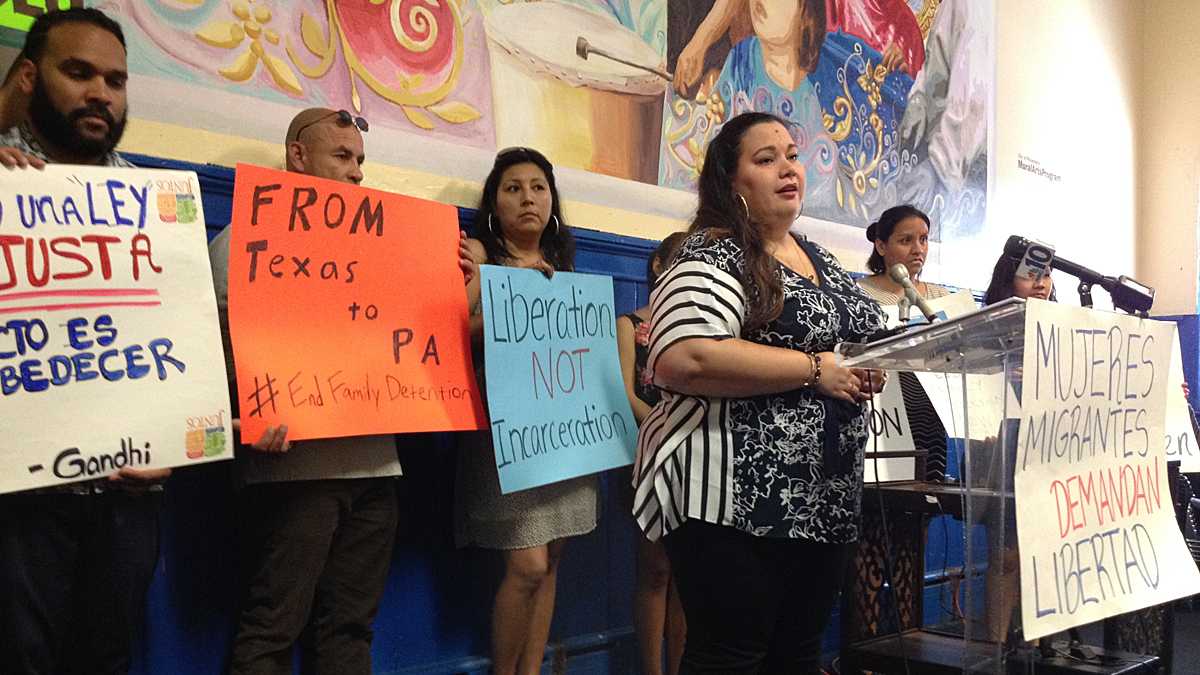Exclusionary state policies can take a toll on mental health of Latinos
Listen
Erika Almiron
Latinos in states with exclusionary policies tend to report more days of poor mental health days than those living in states with more inclusionary policies.
The researchers considered 14 policies — including access to a driver’s license and in-state tuition for undocumented immigrants — to create a policy climate index.
By examining answers to questions about mental health from a national data set in relation to that index, researchers found that Latinos in Georgia and Arizona reported more days of sadness, depression and anxiety than Latinos living in New Jersey or New Mexico.
“A Latino person living in Georgia would have 14 percent more days of poor mental health than a Latino living in New Jersey,” said Jennifer Hirsch, the senior investigator on the study and a professor of sociomedical sciences at Columbia’s Mailman School of Public Health.
“It was really clear that things like driver’s licenses play such a crucial role in people’s ability to effectively integrate into and contribute to society. And there’s so much variation across states,” she said, recalling when she first began to realize the larger connection between health and regional policies.
Hirsch suggested that an undocumented immigrant who lives in an area where it’s hard to get a driver’s license has to worry every time she gets in her car to drive. Policies like that can take a cumulative toll.
“I’ve had people cry in my office,” said Erika Almiron, executive director of Juntos, a Philadelphia based immigrant advocacy group.
Pennsylvania, which wasn’t analyzed in this study, has had a tough policy climate for immigrants, she said, citing as one example the children of a Philadelphia man, Javier Flores, who spent 16 months in detention but is now in sanctuary.
“There’s a post-traumatic stress disorder that happens to those children, because when their father was picked up, they watched it,” Almiron said. “He was picked up in front of his house with guns drawn on him.”
Future research could focus on whether a city declaring sanctuary status or similar steps could counteract the mental health effect of exclusionary state policies, Hirsch said.
WHYY is your source for fact-based, in-depth journalism and information. As a nonprofit organization, we rely on financial support from readers like you. Please give today.

